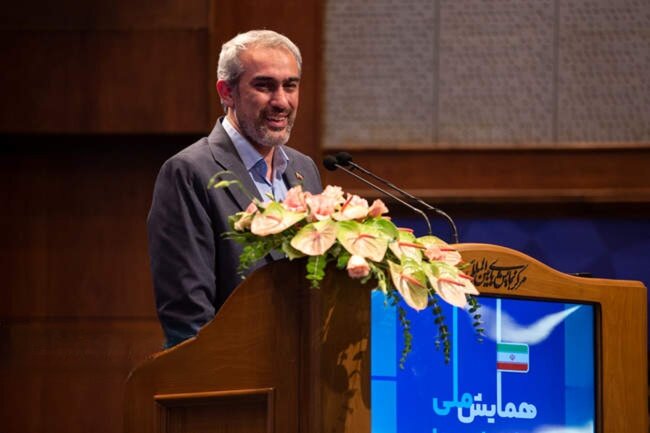According to Shada, speaking at the National Conference on Capabilities and Investment Opportunities of Iran's Free Trade Zones, Dr. Seyed Ali Madanizadeh, Minister of Economic Affairs and Finance, emphasized FTZs as the gateway for Iran’s economy to enter a new phase of development.
Highlighting the Ministry of Foreign Affairs’ diplomatic efforts to ease economic sanctions, the minister underscored the critical role of FTZs in attracting export-driven investment and empowering the private sector.
State-owned economy, an obstacle to sustainable development
Madanizadeh criticized the prevailing structure of Iran’s economy, stating: “The country’s economy is predominantly state-owned, and such models have consistently underperformed globally.” He noted that many nations have transitioned toward economic liberalization over recent decades, including reforms in pricing and labor markets.
The global experience of liberalization and the failure of the Washington Consensus
Reflecting on international liberalization efforts, the Minister explained: “Price liberalization is a necessary step to exit a closed economy. However, in numerous Latin American and Asian countries, this led to industrial decline, surging imports, unemployment, and inflation.” He observed that these economies oscillated between state-centric and liberal policies for decades, ultimately culminating in the failure of the Washington Consensus.
China's successful model in utilizing free zones
Drawing on China’s experience, Madanizadeh stated: “By leveraging FTZs, China avoided the pitfalls of economic shock therapy and pioneered an alternative path.” In these zones, subsidies were phased out, taxes reduced, government intervention minimized, and labor markets made more flexible.
He added: “The export-oriented nature of these zones enabled cities like Shanghai to expand rapidly and assume a larger share of the national economy. This success led to the proliferation of FTZs across China, with citizens gravitating toward them due to higher per capita income and improved living standards.”
Why FTZs Have Failed in Iran?
Addressing the shortcomings of Iran’s FTZs, the Minister asked: “Why has this model not succeeded in Iran?” He attributed the failure to inconsistent regulations and fragmented planning, which have stifled the zones’ potential. “FTZs should serve as platforms for a free economy—attracting foreign investment with stability and security, and enabling growth without inflation,” he said.
He continued: “In Iran, FTZs have deviated from their original objectives and failed to become engines of economic development.”
Free Zones Development Plan in the New Administration
Madanizadeh unveiled the government’s revitalization strategy for FTZs, stating: “We have drafted a comprehensive development plan focused on specialization and mission alignment. At least one FTZ will be designated exclusively for the digital economy.” He also announced that a bill to amend the FTZ law would soon be submitted to Parliament to ensure legal stability and foster a truly free economic environment.
He added: “Key initiatives include establishing a Free Zones Development Headquarters, promoting foreign exchange investments, pursuing the creation of an offshore bank, reforming customs and tax procedures, and removing bureaucratic hurdles. Additionally, infrastructure financing will be facilitated through public-private partnerships and optimized use of state assets, especially land, without burdening development budgets.”
Focus on the private sector and export-oriented
The Minister emphasized: “By prioritizing the private sector and investment-ready projects with full regulatory approvals, we can accelerate investor engagement and unlock new growth opportunities.”

